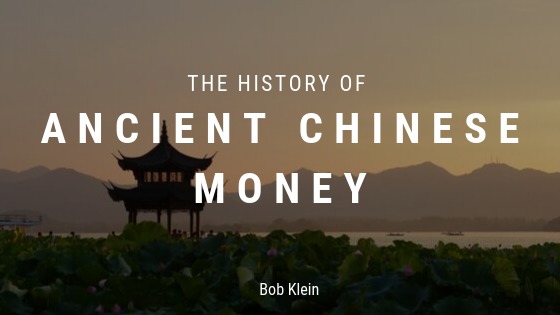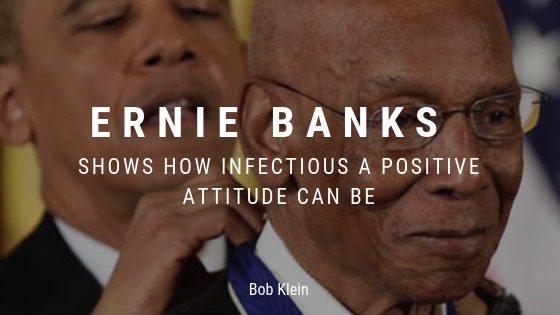The Surprising Origin of Financial Words

It’s hard to imagine a modern society thriving without money, and, after all, our daily lives are driven by transactions of goods and services through commerce. Through the ages, money has evolved, taking various forms from shells to basic coins and now cryptocurrency. It’s no surprise that language, too, evolves through time. What may be surprising, though, are the origins of financial words. Some of these words have roots in things that have nothing to do with money, and yet over time, as we assign value and meaning to them, they enter our lexicon with financial implications.
Capital
Coming from the Latin word for “head,” caput, the first known usage of the word capital emerged in early Middle English when it was used as an adjective meaning “of or relating to the head.” Capital was originally used to describe things affecting the head, as in “a capital wound.” Head injuries can be serious or even fatal, and with this in mind, capital came to describe people or things that threatened the loss of life. Another usage of capital relating to the head refers to a letter standing at the head of a page, passage, or line, as in a capital letter.
The Latin adjective capitalis, in addition to meaning “of or relating to the head” also bears the meaning “chief” or “principal.” In the 15th century, this meaning was adopted into English to describe things of importance, such as cities. We see this usage even to this day, where the noun capital is commonly used for principal cities. The French and Italians adopted this meaning in the form capitale, which eventually referred to an essential stock of goods used to enter into business.
It wasn’t until the 16th century that this financial word worked its way into English. Additional meanings for capital include “accumulated goods to produce other goods” and “accumulated possessions calculated to bring in income.”
Budget
Dating back to 15th century England, the word budget originally meant a pouch or bundle, and then it meant the contents of such a pouch. It all starts with the Romans, who formed the Latin noun bulga, meaning a leather bag or knapsack. When this was taken into Middle French, they formed the word bougette, a diminutive form used for a small bag. In English, this word changes spelling into bowgette, and by the early 17th century they had settled on the spelling budget. At this point, the word still referred to a leather pouch or wallet.
Budget also took on the meaning of “a supply or stock” in the 16th century, with common usages including “a budget of knowledge” or “a budget of news.” It wasn’t until the 18th century that budget was used in a financial sense. At this time, it meant a statement of the financial position of a government for the ensuing year based on estimates of expenditures and revenues. In the mid 19th century, budget was used in a nongovernmental sense and referred more generally to a financial account of a family or individual. Eventually, this developed into the meaning of “the money available, required, or assigned to a particular purpose.”
Check
Aside from banking, the word check probably brings to mind the ancient game of chess, and with good reason! Ultimately, the game influenced the banking sense of the word. The origin of check starts with the Persian word for king, shah. In the game of chess, Persian players would say “shah” as a warning to their opponent if the king was in danger. For Anglo-French players, the call turned from shah to eschec, which later entered Middle English as chek.
Now the word check has a variety of meanings having to do with stops and restraints, all of which come from the notion of checking the king in chess. In the banking sense, the check referred to something that was used for verifying authenticity, such as a counterfoil, or detachable stub of a money order that the issuer retains as verification of a transaction. Initially, in the 18th century, check was applied to the counterfoil, then it eventually referred to the bank draft, or the written order directing the bank to pay money as instructed.
Blue Chip
The first time we see the term blue chip, meaning “a stock issue of high investment quality that usually pertains to a substantial, well-established company,” was in the late 19th century. This meaning developed several other extended senses, and thus blue chip applies to a consistently successful and profitable enterprise, property, or an asset that is outstandingly worthwhile, or an excellent athlete. As it applies to the stock market, the term derives from the actual use of blue chips in poker; in poker, blue chips have the highest value, and red and white chips represent lower denominations. A quote from an 1874 edition of The San Francisco Chronicle lays clear the stock market and poker correlation:
“If times are good and the market flourishing, the game may be played with ‘blue chips,’ as a gambler would say, the very high-priced stocks being the favourites.”
Articles from Bob Klein
View blog
Stretching back over thousands of years, China has had plenty of time to refine their currency syste ...

The Huffington Post recently ran an article detailing the positive attitude of the National League H ...

Curtis Pride’s story is both emotional and inspirational. From 1993 to 2006, Pride served as an outf ...
You may be interested in these jobs
-
Associate Director, Creative
Found in: Lensa US 4 C2 - 23 hours ago
Sony Music Entertainment US Franklin, United StatesAbout Sony Music Entertainment · At Sony Music Entertainment, we fuel the creative journey. We've played a pioneering role in music history, from the first-ever music label to the invention of the flat disc record. We've nurtured some of music's most iconic artists and produced ...
-
Mix operator
Found in: One Red Cent US C2 - 5 days ago
TreeHouse Foods New Hampton, United StatesEmployee Type:Full timeLocation:IA New HamptonJob Type:Production OperationsJob Posting Title:Mix operator About Us: · TreeHouse Foods (NYSE: THS) is a leading manufacturer of private label packaged foods and beverages, operating a network of production facilities across the Unit ...
-

Director of Engineering
Found in: Lensa US 4 C2 - 23 hours ago
Adecco USA Austin, United StatesAdecco has partnered with an Aerospace Defense and Space Manufacturing company to hire a Director of Engineer in Austin, TX. **Relocation Package Available · Summary · Reports directly to VP · Managing a team of engineers · Aerospace, Defense, Space Manufacturing or Electronics ...


Comments